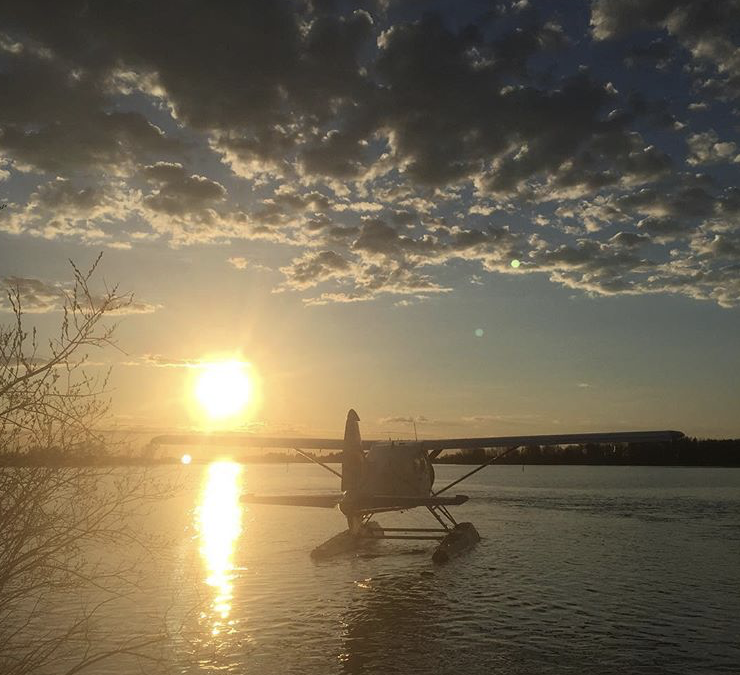The Northern Air Transport Association (NATA) says smaller floatplane operators are finding it a challenge to meet safety requirements during the COVID-19 pandemic.
In April, Transport Canada released new regulations in an attempt to mitigate the spread of the virus in airplanes.
These regulations include requirements for passengers to wear a face mask or covering while doing their best to maintain social distancing from crew members and other passengers.
Executive director of NATA Glenn Priestley said it is almost impossible to maintain the recommended social distance on small floatplanes, such as the Dehavilland Beaver, which has a maximum of seven seats including passengers and pilot.
“It’s a challenge, particularly in the small float aircraft for social distancing,” he said. “Even the Beaver has challenges because there’s no separation of the crew compartment.”
Priestley said pilots and passengers have been wearing masks and some operators have found more creative ways to stay safe by having their crews wear turtlenecks so they can easily cover their faces when needed.
He also said operators have been cleaning their airplanes thoroughly.
Priestley said the association has been working with federal regulators to try and find solutions for safety.
“Every day we are learning new ways.”
He said COVID-19 has also created added difficulties for the private businesses that use floatplanes because of vastly reduced income due to vacations and other exploration trips being delayed or cancelled.
